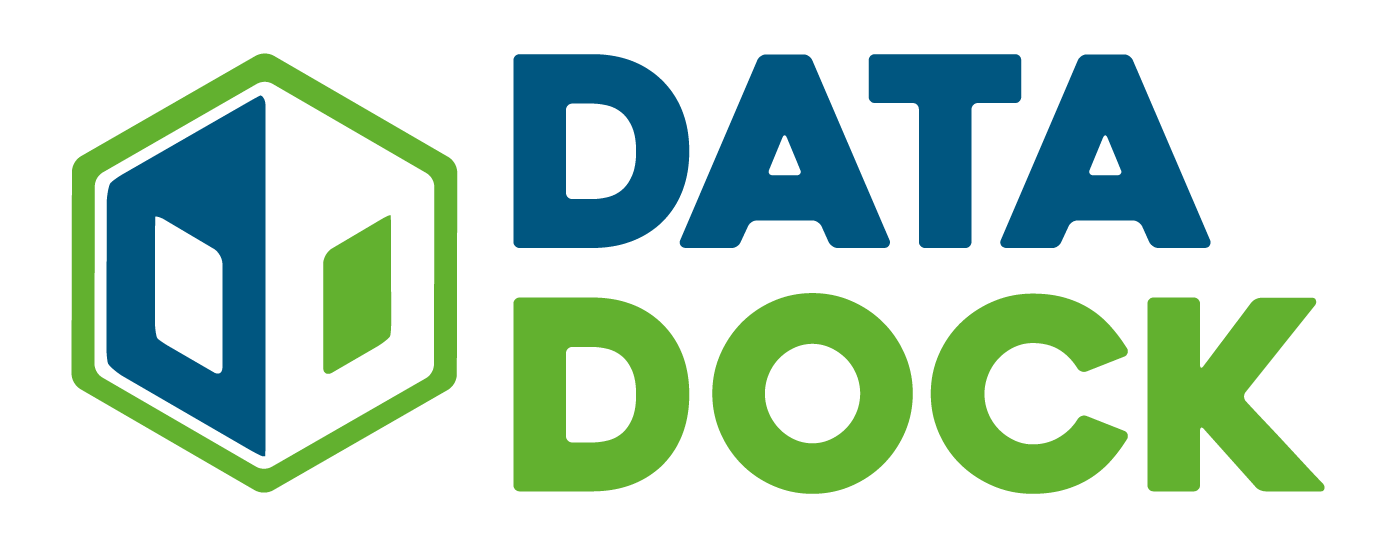Introducing DataDock

So you want to publish some data, what do you do next? As we’ve mentioned before, publishing data shouldn’t cost the earth, but that there are some technical challenges to be faced when we want that data to be discoverable, accessible and usable.
Of course, technical challenges mean resource challenges; even when data publishing software is free or open-source, it can mean that you require someone with the technical know-how to set it all up (and keep it running), and the resources to run the server to hold the software. In so many cases, these technical and resource challenges basically block individuals and smaller organisations from being able to publish data effectively or at all.
We believe that taking your first steps in publishing your data shouldn’t be this hard. We have the technical skills and expertise in data publishing standards to be able to provide that publishing service in a way that eliminates those barriers. Over the last few months we’ve been building the answer to those challenges, and we’ve called it DataDock. We’ve now released it as a preview edition, which means that it’s ready to be used by the open data community, and that we’ll be collecting feedback while we work on some additional features over the coming months.
Have a deep-dive data portal in a matter of minutes
Choose your spreadsheet, select a license, then let DataDock do all the magic.
That magic provides you with a data portal home page, which lists a dataset for each of your spreadsheets. The data portal shows useful information about each dataset and clear licensing information, along with links to download the original spreadsheet and the data in other formats. You can also click into the dataset itself, as DataDock creates pages for every record in your data, allowing you to deep-dive into your published data.
Don’t worry about the techno-babble
One of our main aims is to try and eliminate as much as possible all the jargon and techno-babble surrounding data publishing. DataDock handles the magic, freeing you up to concentrate on the data itself
Keep hold of your data
All the standards-compliant data produced by DataDock is published to your GitHub account. You can turn off DataDock’s access any time you wish, and keep all the data it produced.
Cloud-based
No need to buy web-hosting, DataDock sits in the cloud and we will always provide free accounts.
Get involved
We’ve got hundreds of ideas for enhancements and features for DataDock, and we’d like to work on the things you want most. Get involved on by requesting features or up-voting existing requests on our DataDock support site.
It’s for the geeks too
But we don’t want to bore you with that right now. Standards geeks and linked data nerds will be interested in reading the follow ups to this blog post to learn more about the CSVW and 5-star linked data standards that are at the core of DataDock’s internal systems.
If you’re interested in having a play around, head on over to DataDock.io and check it out. We’d love to hear from you about what you’d like it to do in the future. Upgrades to DataDock won’t effect the data you’ve published, they’ll simply add features to your future uploads, so feel free to get stuck in even at this preview stage.

This article is part of the Data Dock Intro series